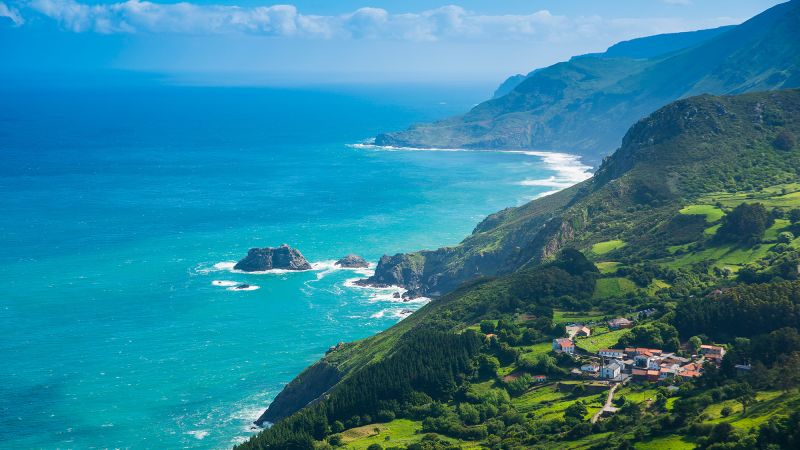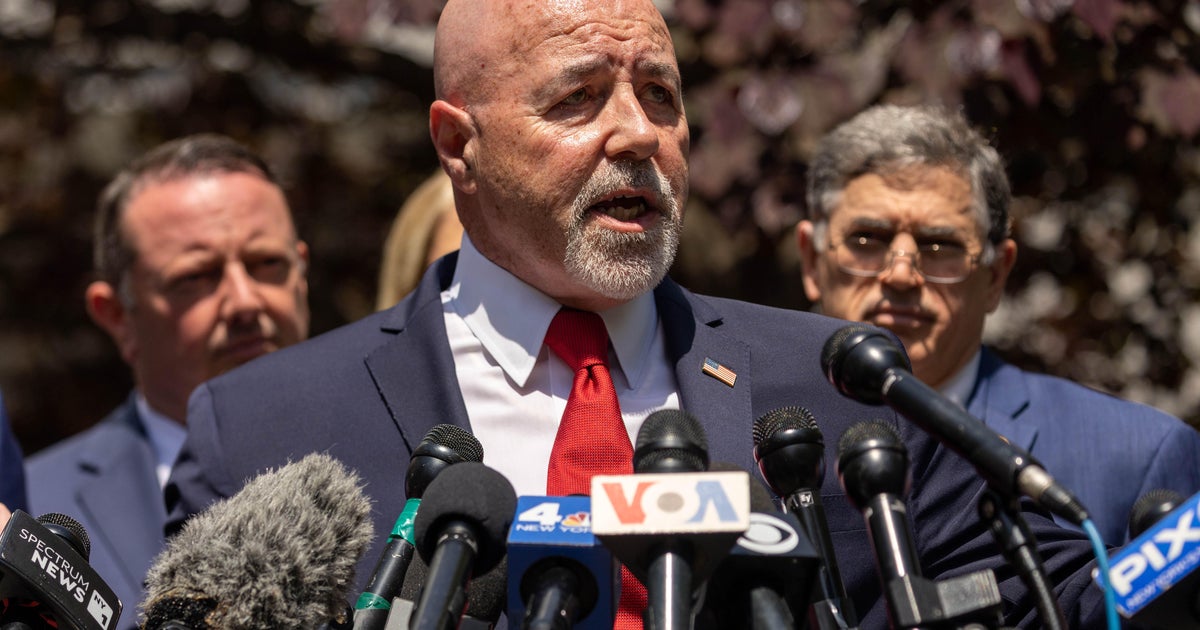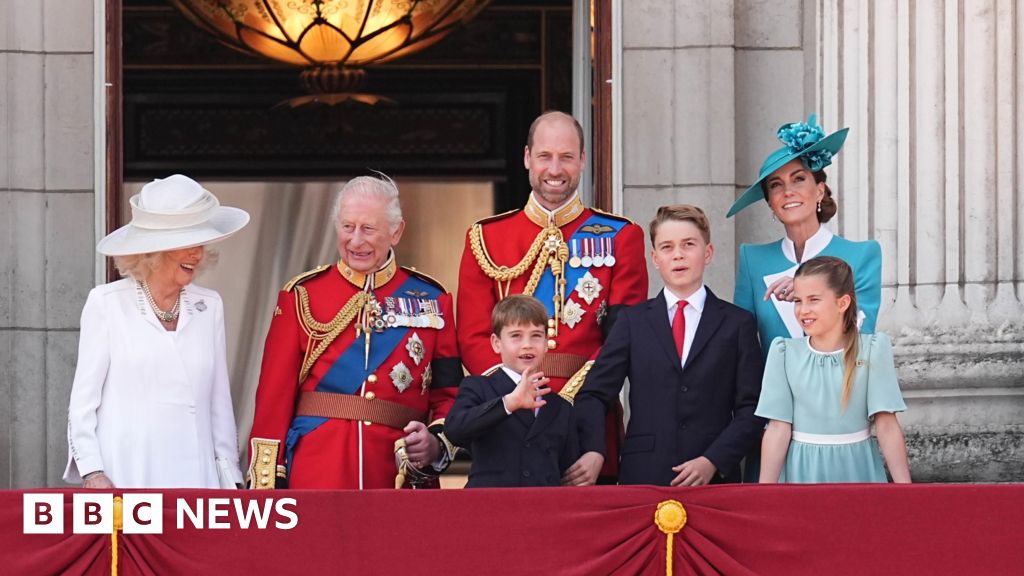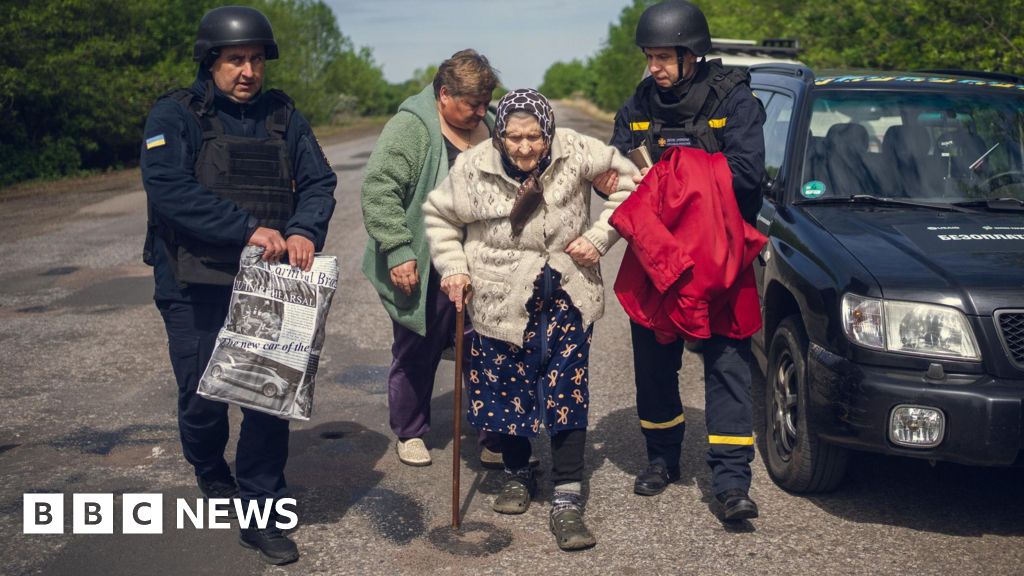For the past two years, summer in Spain has meant prominent protests against tourism: holidaymakers being drenched by angry locals armed with water pistols in Barcelona and protesters marching under banners proclaiming “Your paradise is our nightmare” in the Balearic Islands regularly make headlines as the saturation of the summer season gets underway.
Tourism is a pillar of Spain’s economy, contributing over 12% to the national GDP. But in destinations where cruise ships constantly spill out crowds and Airbnb-style rentals in city centers exacerbate a housing crisis that helped push residents to the outskirts of their own hometowns, the annual crush of visitors has become a point of conflict.
It’s not likely the tourists will stop coming. More than 80% of tourists in Spain stick to the islands and the Mediterranean coast — and mostly during the summer season — according to Manuel Butler, director of the Spanish Tourist Office in London.
Resorts such as Benidorm, Lloret de Mar and Torremolinos were built on tourism over many decades and do have the facilities to welcome visitors without strain, Butler told CNN.
Yet he says that there’s now a concerted Spanish effort to broaden tourists’ horizons.



